
He folds the sweater into a neat rectangle and puts is away on the shelf at the back of the wardrobe. He will not need it. The night is mild and warm, filled with starlight and cicadas’ concertos, quite unlike the summer-less summers of Chicago of his boyhood.
Through the open door he can hear the clutter of cutlery being pushed into the dishwater basket – forcefully, with annoyance, just as everything Wanda does. In the background, KLW3 and Dolly Parton’s nasal drawl praises ‘The Coat of Many Colors’ her mama made for her. He can hardly picture Miss Big Boobs Parton in any coat, never mind in one of many colours, but Wanda likes the sentimental stuff. ‘Achy Breaky Heart’, ‘Jolene’ and ‘Stand by Your Man’ remind her of HER childhood, she says, when everything had its place and things were called by their names. Kikes were kikes back then and niggers niggers – not the Jewish-American, Afro-American crap everyone is fond of nowadays. He winces when he hears her use the offensive words.
He checks his wallet and removes and array of plastic Visas and Master Cards. He leaves some coins and three twenties tucked away beneath the folds of black leather.
He’s done well for himself, no doubt about it. A lovely house, a Buick, and a Ford only a few years old on the front porch, a steady job in a garage, a wife… A long way from the trash-choked streets of the Windy City.
In the bathroom he brushes his teeth, gargles Oral Essentials then slicks his sandy hair back with a wet comb. Not a bad looking guy, even if he says so himself. He wouldn’t mind a beard and a moustache like Johnny Depp in his Captain Sparrow days but Wanda dislikes facial hair. Allergic to keratin, she says she is. Not just hair, mind you, but keratin. He looked the word up. A protein forming the basis of horns, claws, and hair. Horns, for God’s sake. He stifles a chuckle.
He finds Wanda in the kitchen with a cup of cocoa and a plateful of Oreos, her favourite, an open puzzle book in front of her. Wanda is a puzzle freak – anagrams, honeycombs, spirals, conundrums – a dozen a day. She sleeps with a dictionary under her pillow in case a word she needed for a crossword nags her at night.
They had dinner half an hour before – a carbohydrate-loaded but salt-free carbonara, broccoli and carrot salad, and a slice of Black Forest – but the place already has an unused look. No smells other than the mild aroma of lavender disinfectant Wanda uses by the gallon to mop up the floors, the kitchen tops and everything else in the kitchen. And it is quiet, too. Dolly Parton, coat, boobs and the colours is no longer audible.
Wanda scratches her head with a forefinger and wrinkles her nose in concentration. Her face is white, like an egg illuminated from within but it lacks the egg’s smoothness. She is a large woman, with generous hips and several rolls of fat spilling from the apron that tightly hugs her waist. She sits at the table, relaxed, kind of sloshed, as if she were made of dense liquid.
“Going soon?” she asks and crosses out another number in the book.
“Soon,” he says.
“There is some cocoa for you,” she points to a cup on the counter.
“You took a long time in the bathroom, so it’s gone cold.” There is a note of accusation in her voice.
He sips the lukewarm drink and, with his tongue, pushes away the greasy coating of congealed milk that has gathered on the surface.
She sees him. “Don’t! It’s good for you. Full of vitamins.”
He swallows obediently, without wincing. The texture of the coating reminds him a little of her sloshed curves.
“Don’t forget to take the keys. I’ll go up in a minute.”
“Aren’t you going to watch ‘The Nanny’?”
“I want to finish the puzzle.” Her pencil scribbles something in the slots. “Hebrew festival of lights, starting with an H, a K in the middle?” she says.
“Haven’t got a clue.”
He walks towards the sink, rinses the cup and puts it on the draining board bottom up.
He is halfway to the door when she calls, “Herb!”
He glances over his shoulder.
“Haven’t you forgotten something?” The red wound of her mouth smiles at him with expectation and she leans over the table, spilling the rolls of fat.
“Sorry, dear.” He approaches and plants a light kiss on her forehead.
The smile disappears.
“That’s not what I meant.”
His lips part in readiness to speak but she chops him off with a flick of a hand.
“The cup. You haven’t dried the cup.”
He strides back to the sink and dries the cup with a blue tea-towel.
“I’ve told you a million times…”
Her pencil is tapping impatiently on the table. Yes, she has. She has told him a million and ONE times not to leave wet dishes around. Hasn’t he heard of condensation? Moisture trapped on the walls is septic and a perfect breeding ground for fungi. Does he think all her hard work is fun? Does he really think that being a housewife is fun? He’s sure it isn’t. It’s good training for growing prematurely old, bored and tired. And extremely fat, he wants to add.
Outside, darkness has crept in and switched off the lights. A car murmurs in the distance, scatters of laughter from a group of passing youngsters the only other sound in the brittle silence of the night.
He wants to leave it all behind – all of Laredo. The clapboard houses with glassed-in porches, the shopping malls with screaming advertising, the repressed tranquillity of a border town that has not been able to define its identity, even the timid demeanour of the teenagers roaming without an aim, like an army of refugees.
He rams the accelerator to the floor and climbs the rise that will take him to the Rio Grande and the bridge. Dark buildings, vines slithering up white wooden gates, dwarf conifers squatting along trimmed lawns with spinning sprinklers, shiny Chevrolets parked in tows and threes on driveways, flash by.
Laredo is a town divided. Sprawled on the two banks of the river, it is as different on each side as Chicago summers of his boyhood and the exhilarating warmth of a Texan night. It’s strange but although carrying the same black water, the river bears different names on the two sides. On the Laredo side it is known as the Rio Grande while Mexicans call it the Rio Bravo, the Brave River. Wanda calls it a major misnomer (Herb looked it up too and it means a wrong name). But Herb likes the Chicano name of this unnavigable waterway better. It reflects the Mexicans’ respect for it. After all, it has claimed the lives of many wetbacks who dared to dare the Brave River.
There are three bridges over the Rio Grande – like the three cantiche in Alighieri’s Divine Comedy or like three gates separating Heaven, Purgatory and Paradise: purring invitingly to let in wealthy American businessmen, shutting tight in front of undocumented Mexican peasants.
“Watch your pockets,” a sleepy guard on the US side offers a piece of friendly advice before disappearing into a steel-and-glass booth to finish a game of beggar-my-neighbour.
Herb drives on to Nuevo Laredo, the scarred, neglected Mexican twin of his town. In La zona, the red-light district, a colourful mosaic of dark-skinned teenagers, headphones plugged into their ears, rancheras leaking out from under the ill-fitting edges, pass by. Men swathed in clouds of cigar smoke perambulate slowly. An old wino kicks an empty bottle along the dirty street. Rachitic mongrels with wise faces nose around overflowing trash cans. Music pours out from bars, cafes, restaurants.
He parks the Buick in the usual place behind Paco’s Jumpin Bean Diner.
“Madonnas for a buck! Coudna get ‘em cheepa in Laredo! Madonnas for a buck!” a little boy of eight or nine shouts in a singsong voice. “Madonnas for a buck!”
Herb beckons to the boy.
“Original craft, chico? Mexican?”
A grubby hand stretches towards him with an oval slate on which the Virgin, with a child in her arms, is painted. Her face is dark, the hair, parted in the middle, coils from under a white veil accentuating her Latin features. Delicate brush strokes around her eyes give her an air of pure sadness. Yes, original Mexican craft Herb thinks to himself. Not some crappy Chinese imitation.
“A buck, you say?”
“A buck, Meesta, cudna get ‘em…”
Herb passes him two dollars. The boy’s eyes light up with greed and pleasure.
“Thanks, Meesta…”
Herb turns around and walks to the diner.
“Madonnas for a buck!” the boy is back in business.
Trying to ignore the spittoon by the counter, shiny with fresh spit and overflowing with cigar butts, Herb orders a bottle of Tecate ale and enchiladas with a double portion of extra hot salsa to wash off the insipid taste of Wanda’s salt-free carbonara.
“All right, Tex?” Paco, the owner, exposes a pink chink in a nearly toothless grin.
“Never better,” Herb replies.
The jukebox has just disposed of la Bamba. With a dry click another record drops down and the stylus, old and full of fluffs, grinds harshly.
“Cucurucucuuuuuuuu!! Palomaaaaaa! Cucurucucucuuuuuuu! No lloooores!”
The prehistoric disc wheezes, trumpets blare, guitars moan, mariachi scream. Herb loosens the collar of his starched shirt that has now gone completely damp and clings to his body like a second clammy skin. The song races to a crescendo but he doesn’t mind. Better than Dolly ‘Boobs’ Parton’s insincere extoling of the coat of many colours her mama never made for her.
Around him, voices rise higher than the screams on the record, peals of laughter vibrate and shake the smoke-filled atmosphere. There’s a ceiling fan with lazy blades that stir and mix the air, on which the stink of grilled meat, chopped onions and ancient oil sails like a trawler on a choppy sea.
“Hello fren’,” a hand lands on Herb’s shoulder. He spins around without getting up from the stool. A small Spick with a shoe-polish moustache is facing him.
“Looking for a bit of action, if you know whata’ I mean?”
Herb knows what he means and says so.
The petite Spick laughs hard and long, throwing his head back, the cartilaginous ball in his neck flicking up and down like a bobbin.
“Latino girls, yes? Chiquita Bananas – sweet and fresh?”
Herb gulps down his Tecate that has gone warm by now.
“Sweet? Yes. Fresh? Questionable.”
“I like yo’ sense of humour. Tex humour. Good humour.”
Herb chews on the enchiladas, the salsa dripping down from the corners of his mouth like vampire fangs.
“So. you in, Tex? Vamos?”
Herb slides off the stool and wipes off the sauce with the back of his hand.
“Yes. Vamos.”
The Spick leads the way out of the restaurant to a back alley behind the diner. Herb follows feeling a delicious stirring in his loins now.
There is no door to the room, only a fluttering dirty curtain. They go in. The room is large, with a bed by the window. A naked bulb on a long wire hangs over the bed illuminating the figure of a woman. No, not a woman. A girl. 15 maybe. At most a year older. Her face is dark, the hair, parted in the middle, accentuates her Latin features. Her face looks tear-stained in the dim light giving her an air of utter sadness.
“Twenny bucks, Tex, and she all yours. Fresh and sweet.”
Herb takes out the wallet and peels a twenty from between the folds of black leather. The Spick looks at it against the light, rubs it between his fingers, puts it into the back trouser pocket and then, tipping him a conspiratorial wink, leaves the room.
Herb looks at the girl. She does not stir, does not make a sound. He also stands still getting ready for what is about to happen.
Outside, the shrill voice of the street vendor shatters the silence. “Madonnas for a buck! Culdna get ‘em cheepa in Laredo!”
About The Author
Polish by birth, citizen of the world by choice. First story short-listed for the Hennessy Awards, Ireland in 1996. She became a regular contributor to Women´s Quality Fiction, Books Ireland and IncoGnito. She was also the co-founder of Virginia House Writers, Dublin and helped establish the OKI Literary Awards. Her creative writing was interrupted as she moved to Latin America and started contributing to magazines and newspapers and then writing textbooks for different Latin American Ministries of Education. Since she went back to writing fiction last year, twelve of her stories, flash fiction and non-fiction have been accepted for anthologies and magazines in Australia, UK, Germany, USA, and Canada.
Bandit Fiction is an entirely not-for-profit organisation ran by passionate volunteers. We do our best to keep costs low, but we rely on the support of our readers and followers to be able to do what we do. The best way to support us is by purchasing one of our back issues. All issues are ‘pay what you want’, and all money goes directly towards paying operational costs.



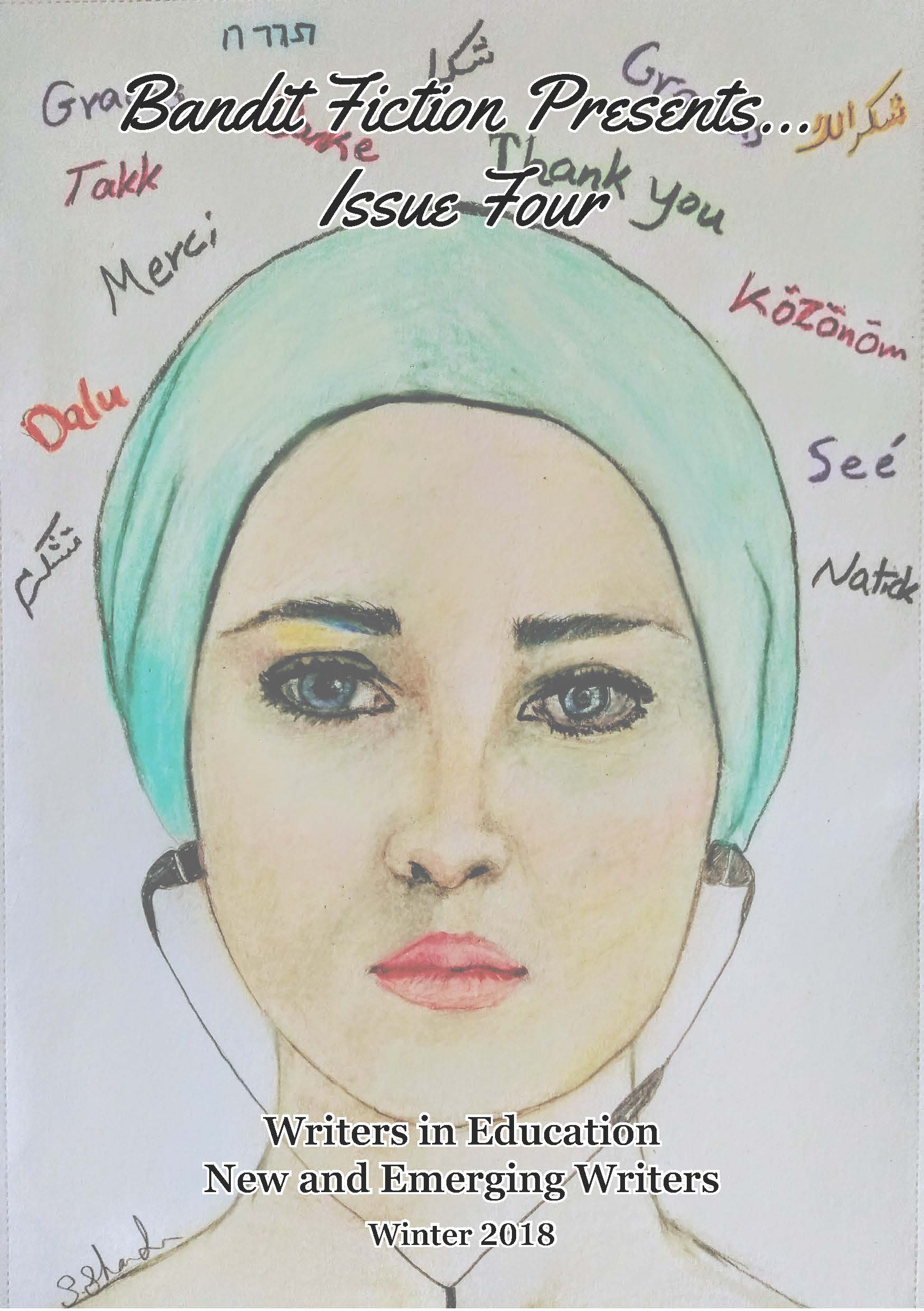

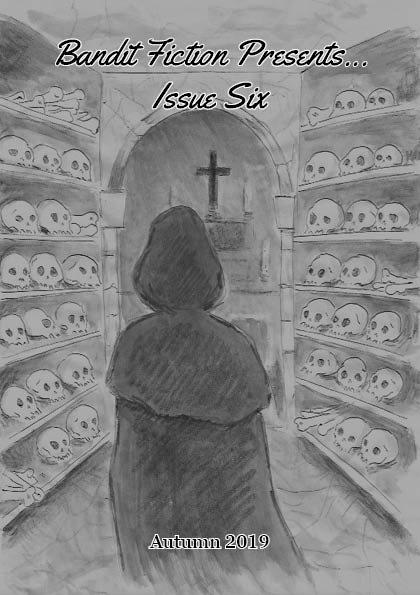








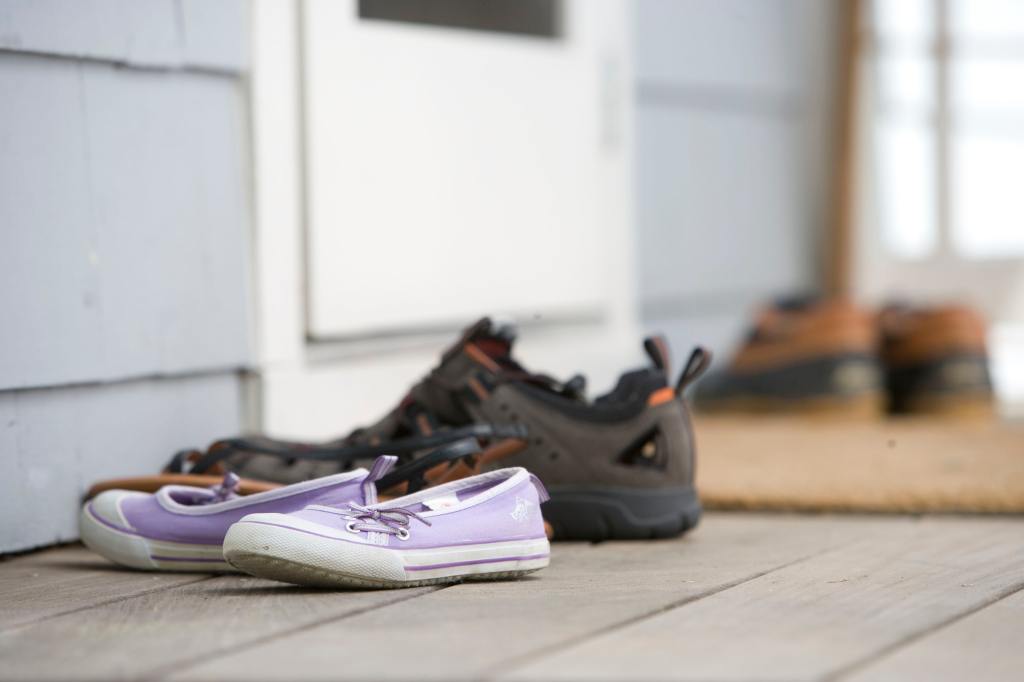

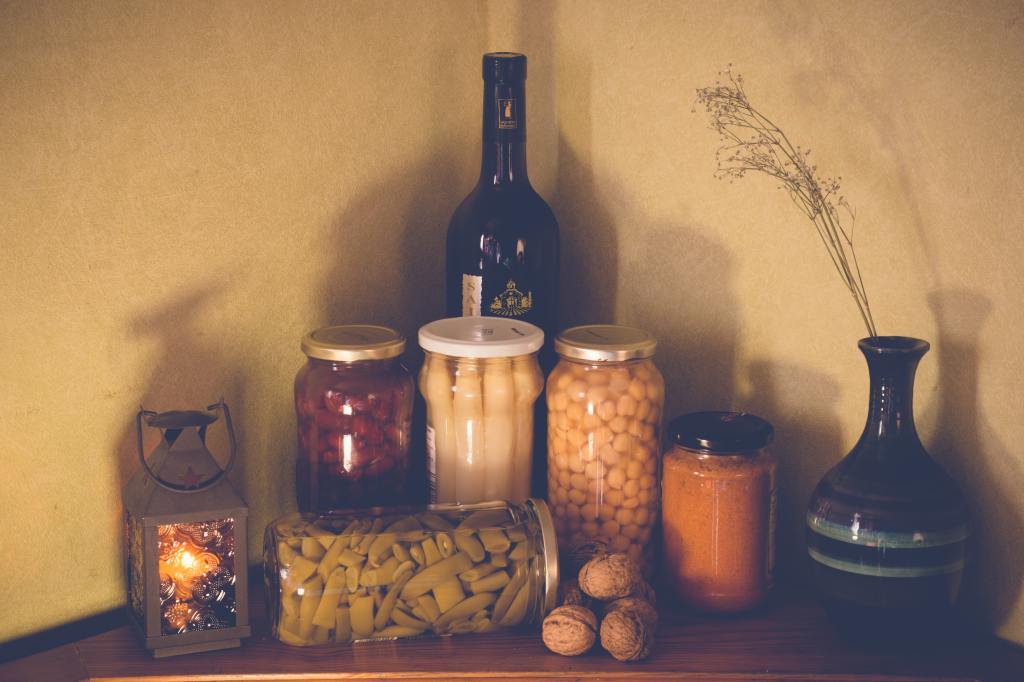




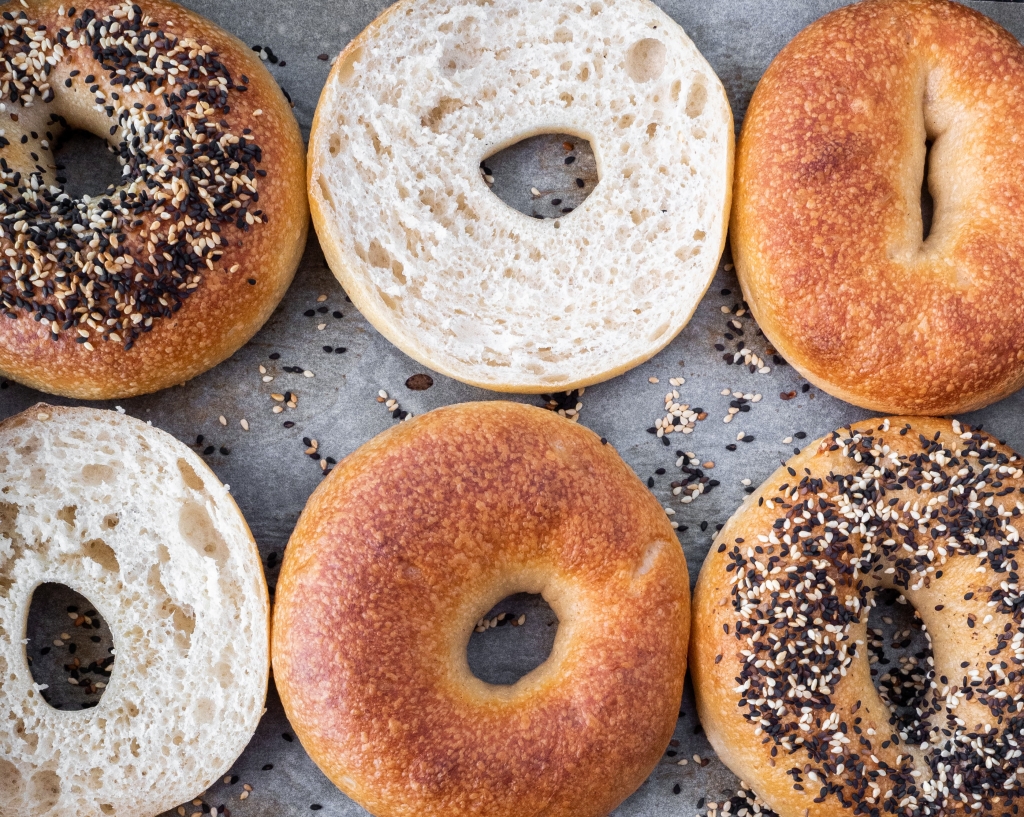
Leave a Reply